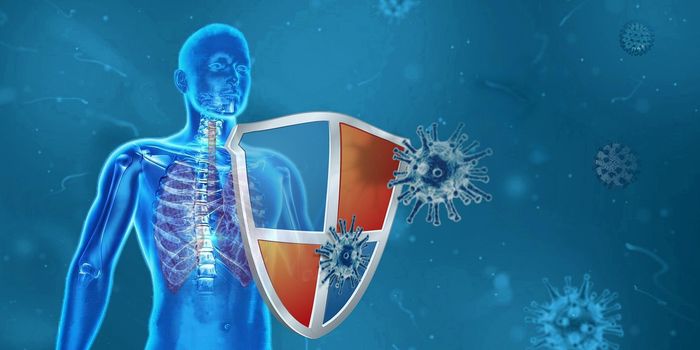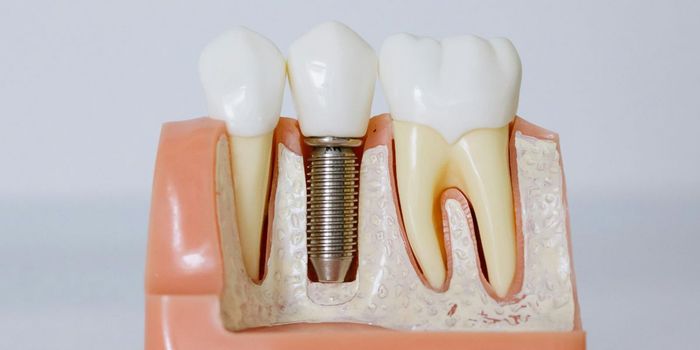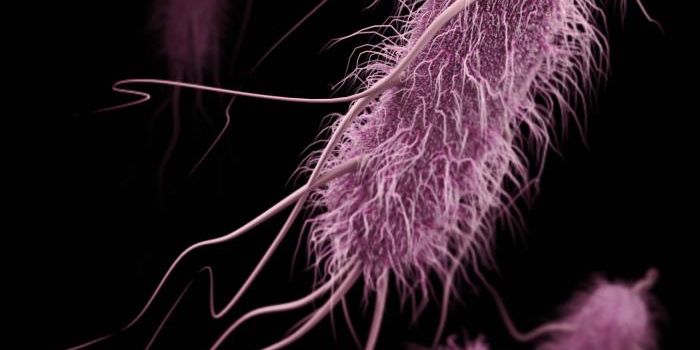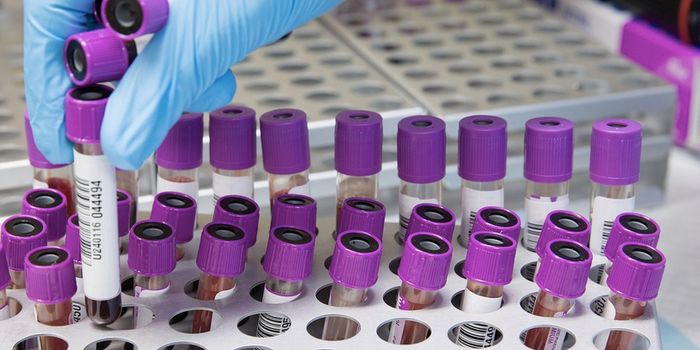Defining "Phthalates" and the Link to Childhood Allergies
Scientists are closely investigating phthalates, a component of plastics used during processing to increase flexibility, and their connection to childhood allergies. Scientists from the Helmholtz Centre for Environmental Research (UFZ) and the University of Leipzig and the German Cancer Research Center (DKFZ) recently conducted a translational study with a mother-child cohort. The results were published in the Journal of Allergy and Clinical Immunology.
"It is a well-known fact that phthalates affect our hormone system and can thereby have an adverse effect on our metabolism or fertility," explained UFZ environmental immunologist Tobias Polte. “But that's not the end of it.”
The recent research study was built atop the hypothesis that the child of a mother heavily exposed to phthalates during pregnancy or breastfeeding would be more likely to develop allergies than a child whose mother was not exposed. Phthalates can enter the body through the skin, via food, or through respiration.
During the study within the mother-child cohort, researchers analyzed the relationship between metabolites of phthalates found in pregnant mothers and their concentration level in relation to the rate of allergic asthma of the child once the mother gave birth. Dr. Irina Lehmann described a “clearly discernible relationship” between higher concentrations of a metabolite called benzylbutylphthalate (BBP) in a mother’s urine and allergic asthma in her children.
Next, researchers conducted a confirmatory study with a mouse model experiment. Mice were exposed to phthalates during pregnancy and lactation, generating the BPP metabolite discoverable in their urine. The offspring of the mice were similarly prone to allergic asthma, even into the third generation.
Despite the clear results of phthalate exposure causing allergies in children, no increased allergic symptoms actually occurred in the mothers who were exposed. "The time factor is therefore decisive: if the organism is exposed to phthalates during the early stages of development, this may have effects on the risk of illness for the two subsequent generations," Polte said. "The prenatal development process is thus clearly altered by the phthalate exposure."
What are the precise changes that occur during early development as a result to phthalate exposure? It seems to be a result epigenetic modification of DNA that causes methyl groups to prevent certain gene expression. For example, altering the methyl groups to allow gene expression reduced the prevalence of allergic asthma.
Which genes? Those that suppress the activity of T helper 2 cells, immune cells that play a role in the development of allergies. Without T helper 2 inhibitor cells, the T cells run rampant, unopposed, triggering allergic asthma. "We surmise that this connection is decisive for the development of allergic asthma caused by phthalates," Polte confirmed.
In summary, Polte said that the “objective of our further research will be to understand exactly how specific phthalates give rise to the methylation of genes which are relevant for the development of allergies."









